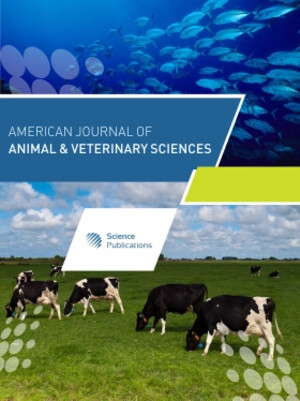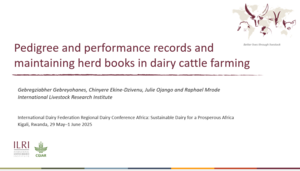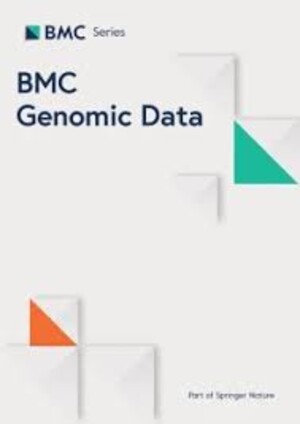
Potential for quantifying general environmental resilience of dairy cattle in sub-Saharan Africa using deviations in milk yield
Abstract
Introduction: Genetic improvement of general resilience of dairy cattle is deemed as a part of the solution to low dairy productivity and poor cattle adaptability in sub-Saharan Africa (SSA). While indicators of general resilience have been proposed and evaluated in other regions, their applicability in SSA remains unexplored. This study sought to test the viability of utilizing log-transformed variance (LnVar), autocorrelation (rauto), and skewness (Skew) of deviations in milk yield as indicators of general resilience of dairy cows performing in the tropical environment of Kenya.
Methods: Test-day milk yield records of 2,670 first-parity cows performing in three distinct agroecological zones of Kenya were used. To predict expected milk yield, quantile regression was used to model lactation curve for each cow. Subsequently, resilience indicators were defined based on actual and standardized deviations of observed milk yield from the expected milk yield. The genetic parameters of these indicators were estimated, and their associations with longevity and average test-day milk yield were examined.
Results: All indicators were heritable except skewness of actual and standardized deviation. The log-transformed variance of actual (LnVar1) and standardized (LnVar2) deviations had the highest heritabilities of 0.19 ± 0.04 and 0.17 ± 0.04, respectively. Auto-correlation of actual (rauto1) and standardized (rauto2) deviations had heritabilities of 0.05 ± 0.03 and 0.07 ± 0.03, respectively. Weak to moderate genetic correlations were observed among resilience indicators. Both rauto and Skew indicators had negligible genetic correlations with both longevity and average test-day milk yield. LnVar1 and LnVar2 were genetically associated with better longevity (rg = −0.47 ± 0.26 and −0.49 ± 0.26, respectively). Whereas LnVar1 suggested that resilient animals produce lower average test-day milk yield, LnVar2 revealed a genetic association between resilience and higher average test-day milk yield.
Discussion: Log transformed variance of deviations in milk yield holds a significant potential as a robust resilience indicator for dairy animals performing in SSA. Moreover, standardized as opposed to actual deviations should be employed in defining resilience indicators because the resultant indicator does not inaccurately infer that low-producing animals are inherently resilient. This study offers an opportunity for enhancing the productivity of dairy cattle performing in SSA through selective breeding for resilience to environmental stressors.
Citation
Oloo, R.D., Mrode, R., Bennewitz, J., Ekine-Dzivenu, C.C., Ojango, J.M.K., Gebreyohanes, G., Mwai, O.A. and Chagunda, M.G.G. 2023. Potential for quantifying general environmental resilience of dairy cattle in sub-Saharan Africa using deviations in milk yield. Frontiers in Genetics 14: 1208158.










